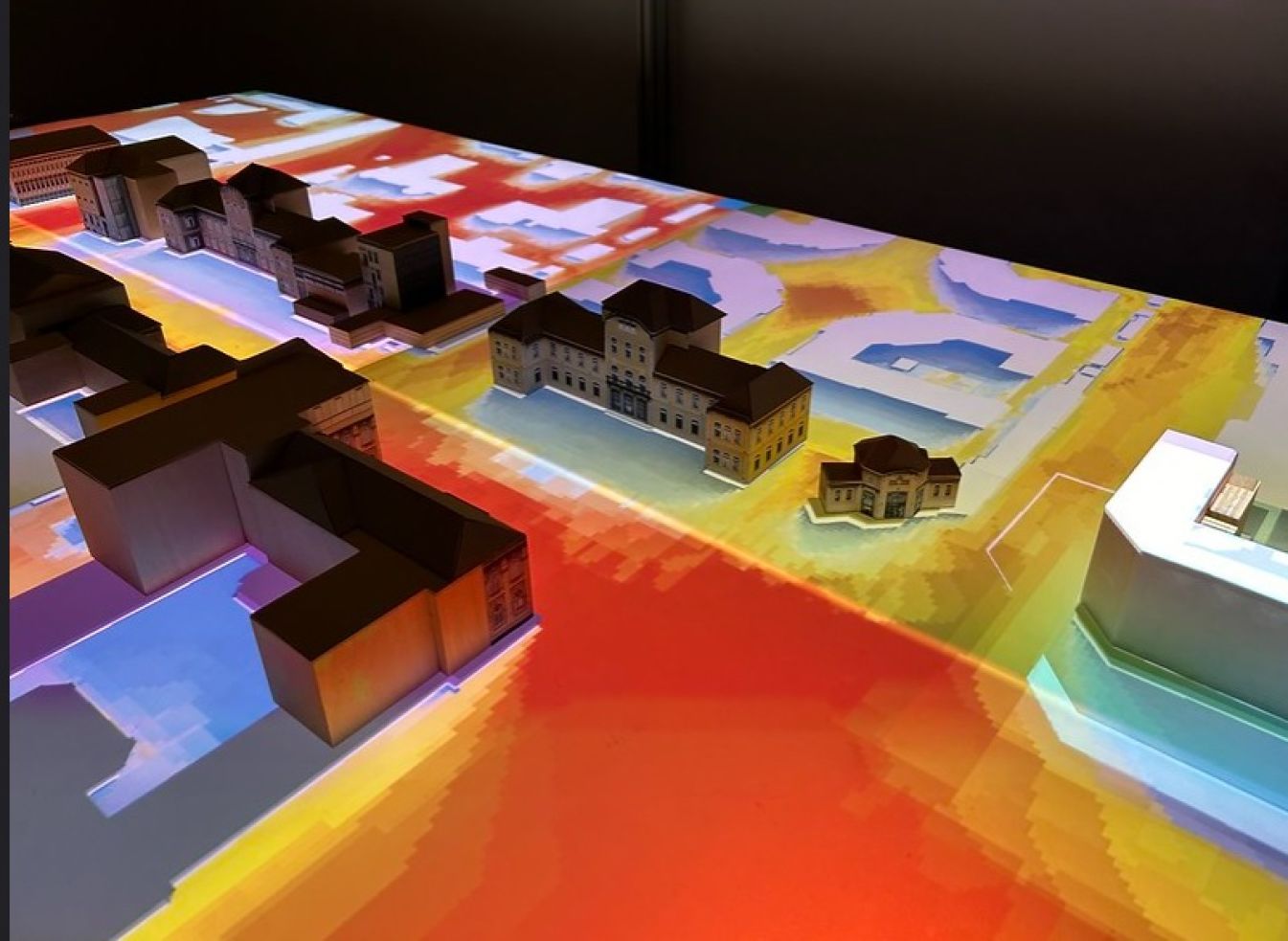The Light Table, a cutting-edge phygital platform for participatory and sustainable urban design, developed by the Politecnico di Milano and the University of Milan
The Luminous Planning Table (LPT) is a revolutionary tool devised by the Politecnico di Milano, recently enhanced through collaboration with the University of Milan. Presented on 9 May 2024, the LPT represents a phygital platform that combines physical and digital models, revolutionising the processes of planning, evaluating and understanding urban transformations.
This innovation originated at the Politecnico di Milano, in the LABSIMURB of the Department of Architecture and Urban Studies, led by Barbara Piga, as part of the Department of Excellence 2018-2022 project. The collaboration with Marco Boffi, lecturer in Social and Environmental Psychology at the University of Milan, led to the creation of the second version of Tavolo Luminoso. This new iteration integrates an in-depth analysis of the link between space and community, as well as between place design and people’s well-being.
The LPT makes it possible to simulate physical architectural environments by overcoming the barriers of the digital divide in design. Its user-friendly, multi-user platform allows professionals and stakeholders to interact directly with simulated three-dimensional environments, testing the effects of architectural and environmental variations in real time. Features include shading, visual perception of spaces, and atmospheric and temperature variations. Barbara Piga emphasises how these interactive and collaborative capabilities improve the understanding and effects of design solutions, contributing to the quality of urban environments.
The collaboration between the two research groups led to the development of exp-EIA, an innovative methodology that integrates an augmented and virtual reality app and a web-platform for participatory urban planning. This ecosystem provides an assessment of subjective experiences of places and community needs, now integrated into the LPT. Marco Boffi highlights how the new psycho-social functionalities make it possible to explore in real time the link between the physical characteristics of places and their psychological dimension, deepening the affective relationships with the environment.
The exp-EIA ecosystem, combined with the LPT, facilitates more effective communication of the effects of urban transformations to citizens and stakeholders. This tool provides data on the psychological and environmental impact of projects, promoting transparent and inclusive decision-making processes. The joint project is part of the activities carried out by Spoke 1 ‘Urban regeneration – Cities of Tomorrow’ of MUSA – Multilayered Urban Sustainability Action, financed by the European Union under the PNRR





